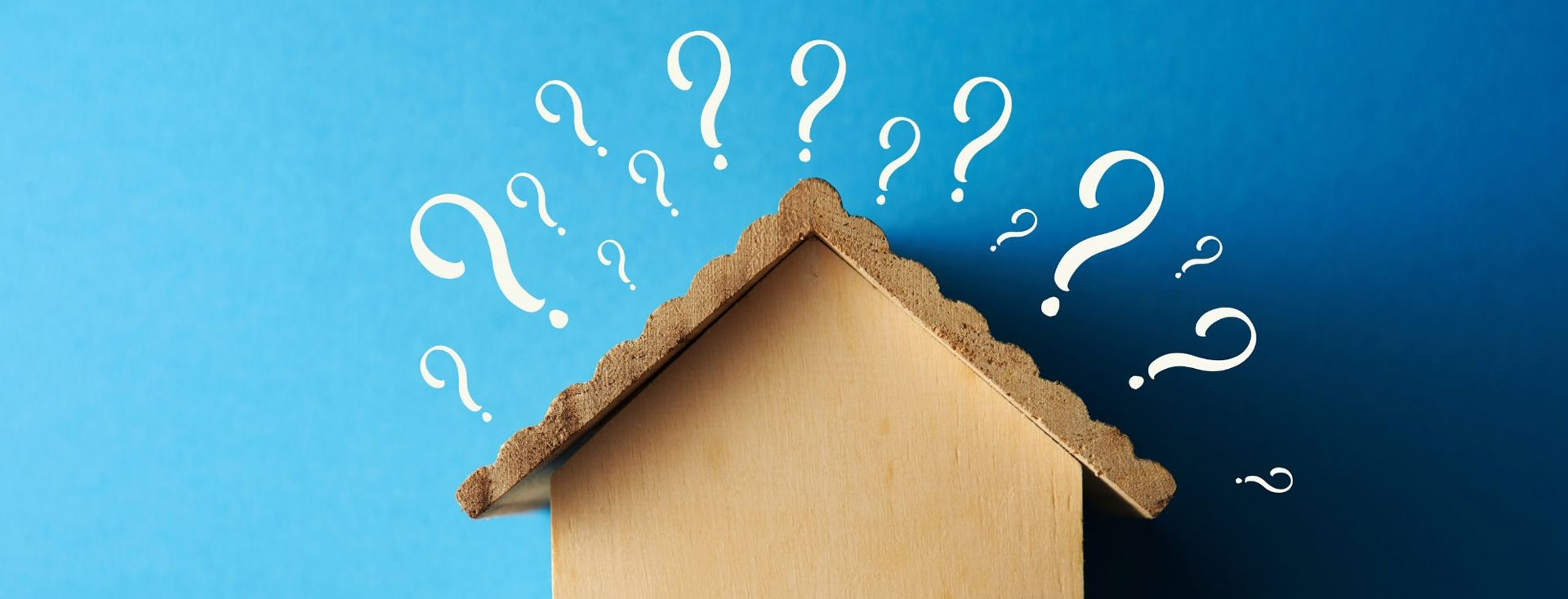6 Popular Questions About Homeowners Insurance Including – Does Homeowners Insurance Cover Roof Leaks?

With the most active hurricane season behind us and the new hurricane season just months away, policyholders and new homeowners want to know “does homeowners insurance cover roof leaks” along with a tirade of other questions. We get it, 2020 was rough, and 2021 looks a lot like 2020’s twin. We’re here to answer some of the most asked questions for homeowners insurance policies.
We hope the information we provide will leave you feeling confident in knowing how and when your policy kicks in and what you can do to stay on top of home maintenance. Knowing the difference could keep you from being stuck in a situation your policy doesn’t cover because it could have been prevented. Let’s start with the basics.
What Is Homeowners Insurance, and Why Do I Need It?
Homeowners insurance is a package policy that combines several types of insurance coverage in a single policy and applies to most single-family homes. A standard homeowners insurance policy covers:
Dwelling Coverage: Pays for damage to your home in the event of a covered loss.
Personal Property Coverage: Covers your belongings, such as furniture, clothing, or electronics, in the event of a covered loss.
Personal Liability Coverage: Pays for legal damages that are awarded to a third party when you are found to be liable for their bodily injuries or damage to their possessions while they are on your property.
Loss-of-Use: Reimburses for living costs incurred if you cannot live in your home due to a covered loss.
Medical Payment: Helps pay for medical bills incurred by visitors to your home who sustain a bodily injury while on your premises or due to your personal activities.
Your policy can have additional coverages added based on your individual needs.
So, Does Homeowners Insurance Cover Roof Leaks?
Your insurance policy would cover roof leak repair caused by covered perils, such as a hurricane, hail storms, etc. (unless your policy has exclusions). If the roof leak is caused by poor maintenance or general wear and tear, it would not be covered.
It’s recommended to inspect your roof twice a year, once in the fall and once in the spring. Having your roof inspected before a hurricane season could be a saving grace. It will help prevent minor roof damage from leading to severe problems that can cause leaks and damage to the building’s interior.
Does Homeowners Insurance Cover A Pipe Bursting?
Homeowners insurance will typically cover the damages if a pipe burst is sudden and unforeseen. However, some policies do exclude water damage coverage (make sure you know which coverage you have.) Remember, there is a difference between sudden damage and inadequate maintenance.
Regular maintenance could prevent a from pipe bursting. It is up to the homeowner to make sure they are having their plumbing inspected regularly. If there is a leak in a pipe and the homeowner is not following proper maintenance procedures, damages will not be covered.
Does Homeowners Insurance Cover Tree Removal?
Your homeowners insurance might cover tree removal depending on what caused the tree to fall and where it fell. If the tree fell on and damaged a structure, the homeowners insurance usually covers the damage and the removal up to a certain dollar amount.
Will Homeowners Insurance Replace My Water Heater?
Usually, a homeowners insurance policy will only replace a damaged water heater if it is damaged by a covered peril, such as a fire or natural disaster.
However, if a water heater bursts suddenly and causes water damage, the water damage may be covered. The water heater will not be covered or replaced if it breaks down. We highly recommend extended warranties be purchased on expensive home appliances to cover the appliance itself.
Does Homeowners Insurance Cover Mold?
Homeowners insurance may cover mold if caused by a covered peril. The insurance policy will typically cover mold removal, repairs, and clean-up.
Mold growth or damage caused by flooding would most likely be covered under a separate flood insurance policy.
The Big Takeaway
The big takeaway is that homeowners insurance policies do cover unforeseen events. Still, the homeowner is responsible for the home’s general maintenance and wear and tear upkeep. Sometimes a little bit of money spent throughout the year could save you thousands of dollars and a disastrous event. If you are ever unsure what your next step should be, your agent will always help guide you and answer any questions.
Many policyholders may have received notice of insurance rates increasing nationwide. We understand many people are confused and frustrated with the new changes in the insurance industry. To help bring some perspective and provide context around the numbers, we urge you to read our blog 4 Reasons Why We See Homeowners Insurance Rates Increasing. You can also read more about how lawsuits are affecting insurance rates.







